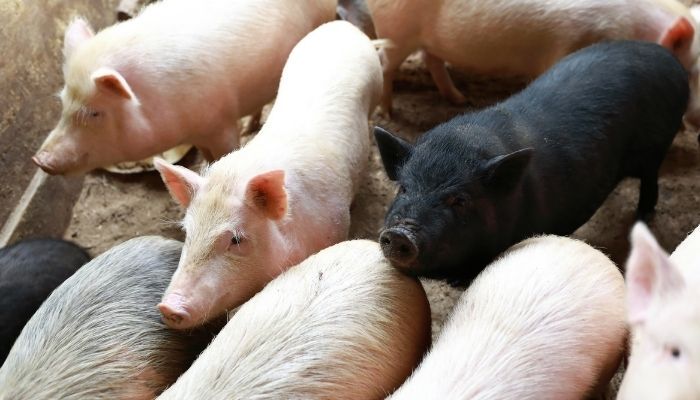
Pig and livestock owners have been alerted to the presence of Japanese Encephalitis (JE) in multiple piggeries in NSW, Victoria, Queensland, and South Australia. So far 33 people have been infected and there have been 3 deaths.
JE is a virus spread by mosquitos and can affect several species, including water birds, cattle, sheep, goats, chickens, and in some rare cases, humans. However, it occurs most commonly in pigs and horses. In many areas, this is the first time it has been detected, and evidence suggests it is due to higher-than-normal mosquito populations.
It should also be noted that while it harms animals, it does not affect food. According to the NSW Food Authority, “Japanese encephalitis is not a food safety concern and commercially produced pork meat, or products are safe to consume.”
The virus is primarily spread through the bite of infected mosquitos and is not transmitted from pig to person or pig to pig. Consequently, all piggeries are advised to improve mosquito population monitoring and control. Although the risks are low, people and livestock can be infected, so it is important to take relevant precautions.
Symptoms can be hard to spot, so vigilance is essential as JE can seriously impact pigs, causing reproductive failure and other related issues.
Although humans can’t catch JE by touching or eating an infected animal, the appearance of the virus is cause for concern for livestock owners and the broader community. If any symptoms are detected it is essential to report them to the relevant authorities immediately.
A new vaccine is set to be developed in Victoria to protect Australia's pig population against the virus and could soon be one of many vaccines emerging from a specialist vaccine laboratory to be built in Bendigo.
Apiam Animal Health has just been awarded a grant of $700,000, under the Victorian State Government’s Regional Jobs Fund, to fast track the development of a new state-of-the-art viral vaccine laboratory in Bendigo.
They currently manufacture autogenous vaccines for bacterial diseases in pigs, poultry and cattle through its existing laboratories and are currently formalising a partnership agreement with La Trobe University for priority development of a vaccine to target Japanese Encephalitis and other endemic and emerging viruses.
Latrobe University has leading technology that enables safe and rapid vaccine production and is seen to be particularly valuable in the face of JE.
By Food Safety Select
As a food business owner, you understand the impor...
View MoreFoodborne illness is a significant concern for Aus...
View MoreThe food industry is no stranger to the threat of ...
View MoreAs a food business owner, it's crucial to ensu...
View More_1.png)